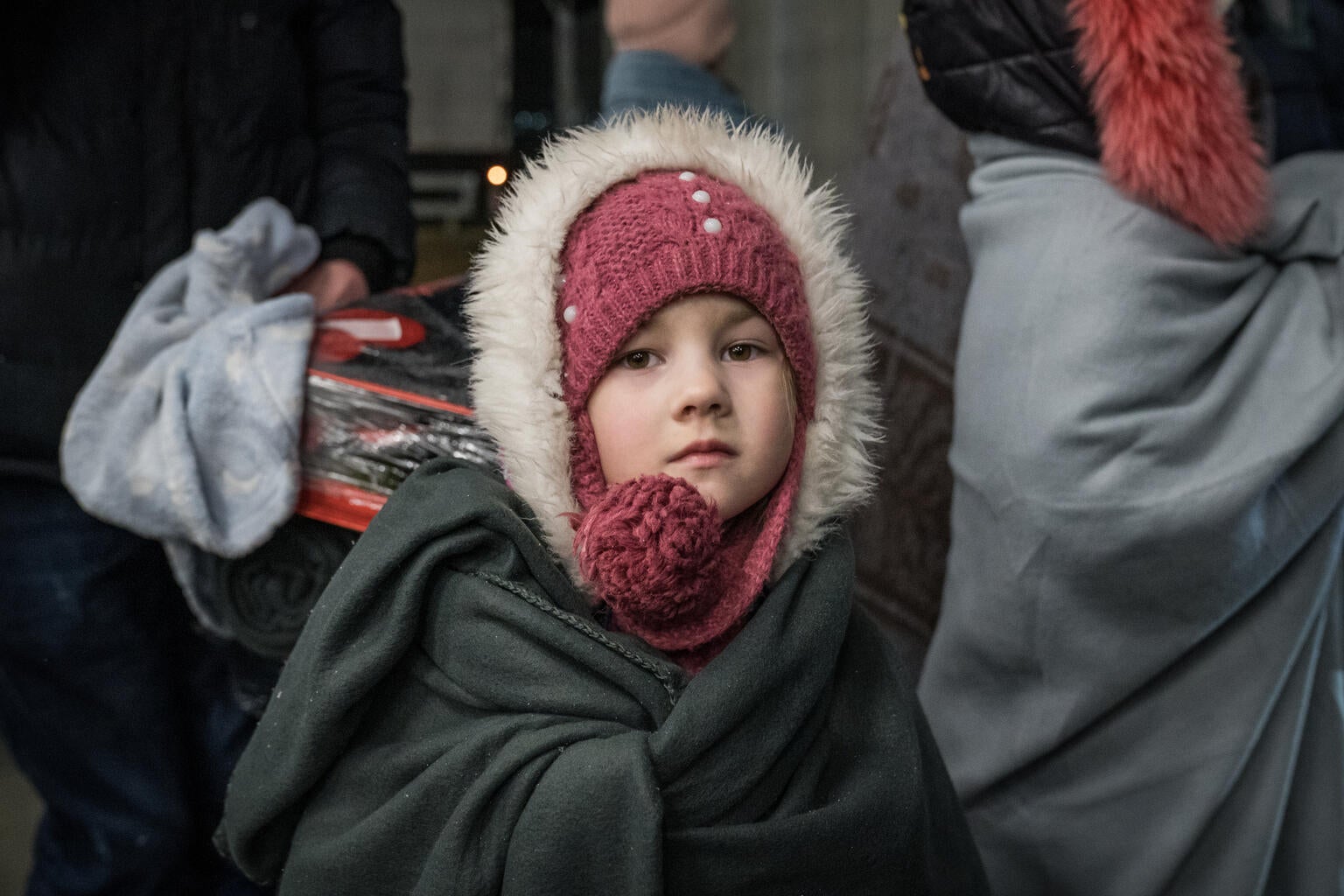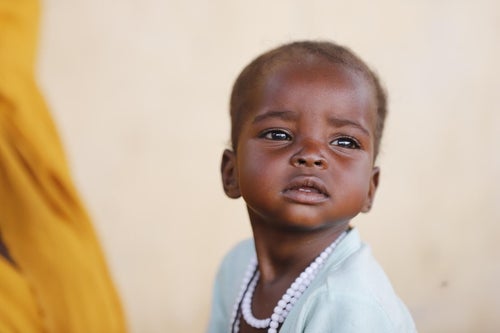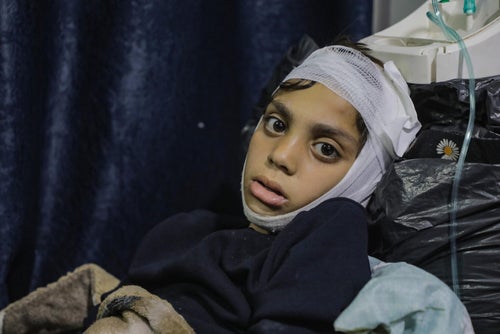Three months into the war, life for the children of Ukraine is increasingly difficult. Fighting is escalating and airstrikes continue to be reported across the country.
The fighting is moving closer to schools, hospitals and orphanages. Homes have been damaged or destroyed. Children are still being forced to find safety in underground shelters and subway stations.
Nearly two-thirds of children are now displaced either within Ukraine or in neighbouring countries and beyond.
More than 6.5 million people have fled their homes in Ukraine in search of safety, becoming refugees. Most of those on the move are women and children.
The situation of children is dire. Children are being killed. Children are being traumatised. Millions of children need humanitarian support.
Children in Ukraine need peace, desperately, now.
What does the conflict mean for Ukraine’s children?
- Nearly two-thirds of all Ukrainian children have been displaced – they are at risk of being separated from their families, exploited and abused.
- Children are terrified, in shock, and desperate for safety, stability, protection and psychosocial care.
- 7.1 million people are internally displaced inside the country.
- Medical supplies are running low, hundreds of thousands of people are without access to safe water and children are in urgent need of protection.
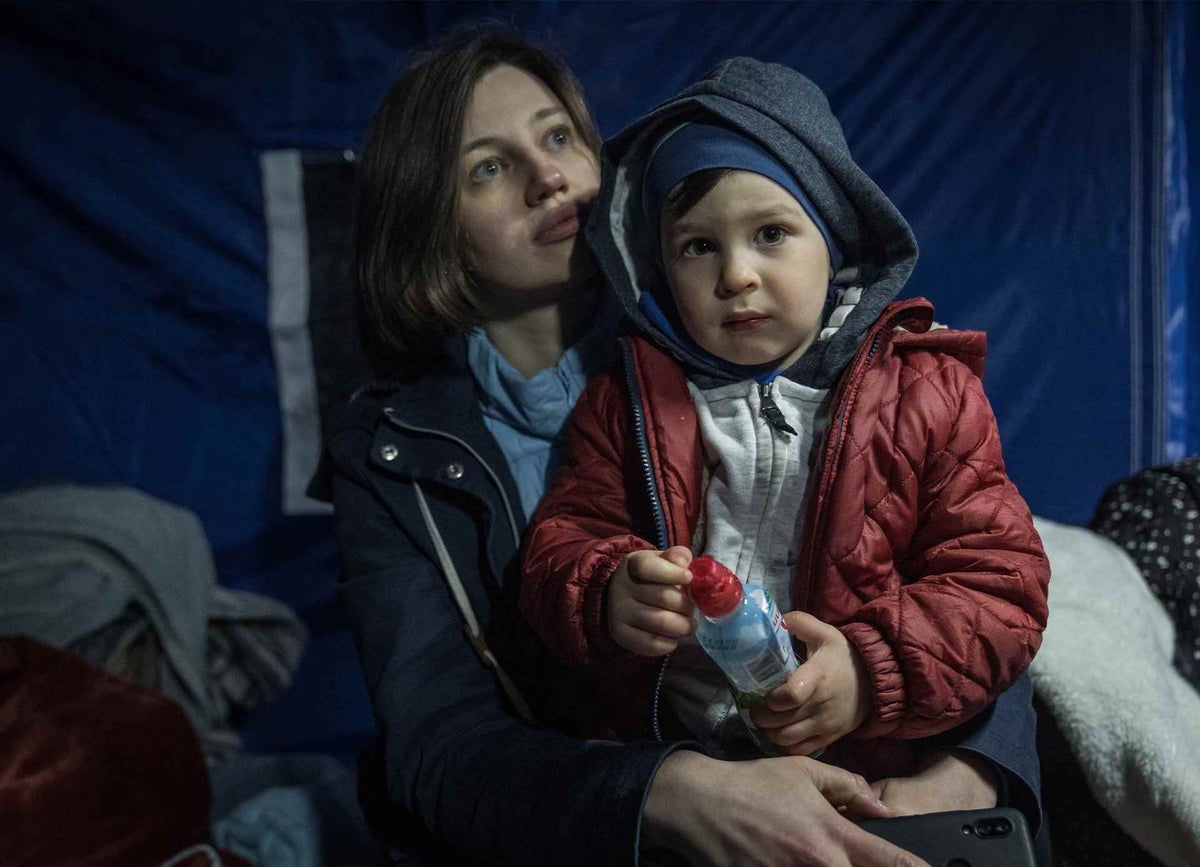
"We heard the sounds of the explosions... so we decided to leave. My husband brought us to the border, I don’t know where he is now. I am terrified."
Families on the move
Millions of people, including 5.25 million children, have fled violence in Ukraine, finding safety within the country or crossing borders. This could become Europe's largest refugee crisis of the century.
As children and families flee, they are in urgent need of clean water and protection. Women and girls are most at risk of gender-based violence, especially those displaced and travelling on their own. Children fleeing war in Ukraine are at significant risk of family separation, violence, abuse, sexual exploitation, and trafficking, leading to an acute child protection crisis.
UNICEF is continuing to set up 'Blue Dot' safe spaces to provide crucial support to families on the move. Currently 24 Blue Dots are operational across Moldova, Romania, Poland, Italy, Bulgaria, and Slovakia. Our teams help to identify unaccompanied and separated children and focus on family reunification and protection.
These spaces provide children and families with a safe place to rest, access to health care, water and food and the chance to play and be children again.
No matter what, no matter where, children must be protected from violence. UNICEF won’t stop until every child is safe.
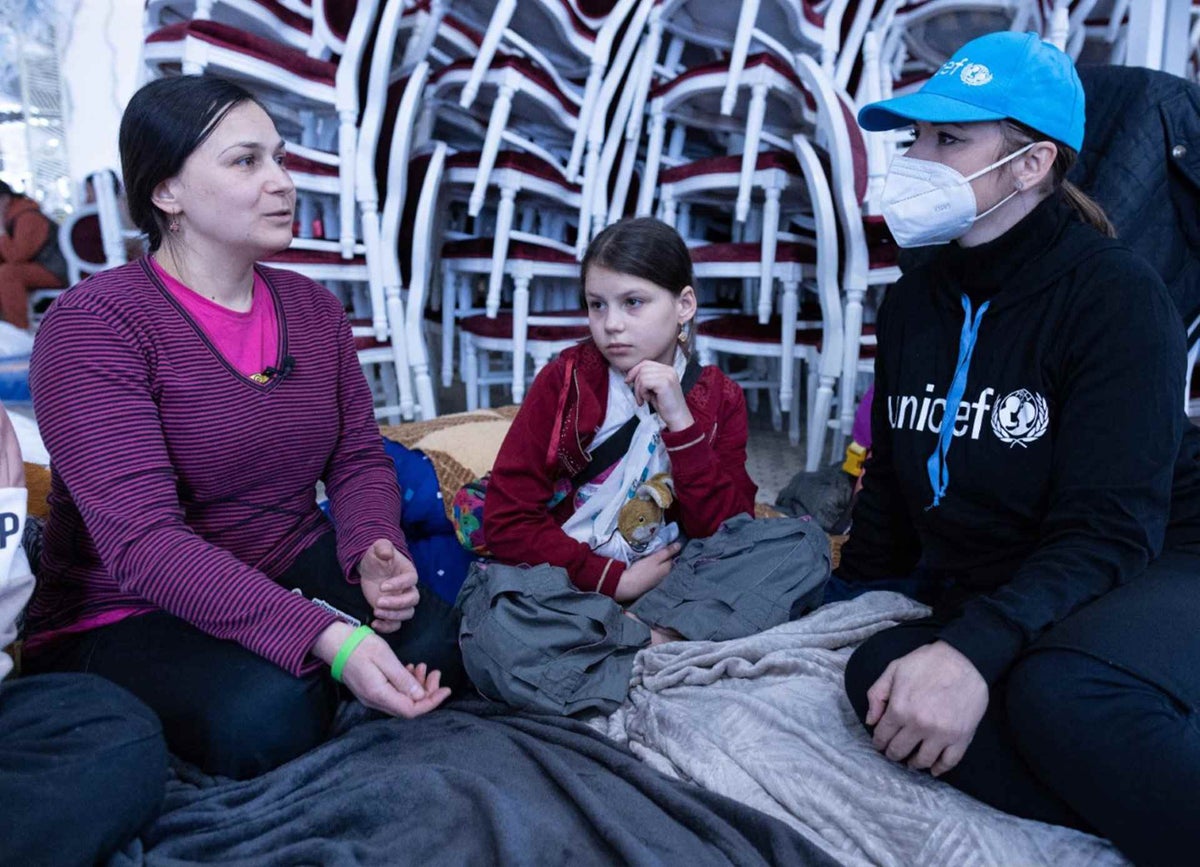
UNICEF is on the ground in Ukraine and the region to support children
UNICEF is ramping up efforts to deliver emergency support to the most vulnerable in Ukraine and across the region. Currently, 203 UNICEF staff are in Ukraine, and we are sending more.
In response to ongoing and urgent needs, our teams are working to reach children and families with:
- Safe water to conflict-affected areas where water systems are barely functioning or have been destroyed.
- Health care and nutrition support where services are severely lacking or have shut down entirely.
- Protection from violence, exploitation and abuse.
- Mental health and psychosocial support.
- Education and school supplies to keep children learning.
Ukraine Children's Emergency Fund
Ukraine's children have endured violence, trauma, loss, destruction and displacement since the war escalated in February 2022.

A health system weakened by conflict
Ukraine's health system has been severely weakened by the dual crisis of conflict and the COVID-19 pandemic.
There have been at least 248 attacks impacting health care facilities in Ukraine, according to the World Health Organisation.
As people flee, sanitation and hygiene services at borders are under pressure, putting children and families are risk of disease outbreaks. There are low vaccination rates for measles, polio and COVID-19.
In Ukraine, UNICEF-supported child protection mobile teams are reaching children wherever they can with psychosocial care, mental health support and protection services.
Our teams are also delivering life-saving medical equipment to help mothers give birth safely. Since the end of February, UNICEF has reached more than 1.6 million people with life-saving medical supplies in hospitals and maternity homes across Ukraine.
Education under attack
Imagine trying to go to school in a war zone. Many schools have been damaged by shells and rocket fire, or lack resources, making it dangerous for children to keep learning.
At least one in six UNICEF-supported ‘Safe Schools’ in eastern Ukraine have been damaged or destroyed since the start of the war.
Further school closures due to the COVID-19 pandemic means children could not access education, especially those from low-income families with limited or no access to the internet.
As families flee, our teams are supplying education kits to keep children learning. UNICEF also helps to repair damaged schools and kindergartens so children feel safe and can continue their education.
Since the end of February, our teams have reached more than 59,000 children with education, early childhood development and learning materials.
For 25 years UNICEF has been there to protect the children of Ukraine. We cannot rest until we reach every child affected by this conflict.
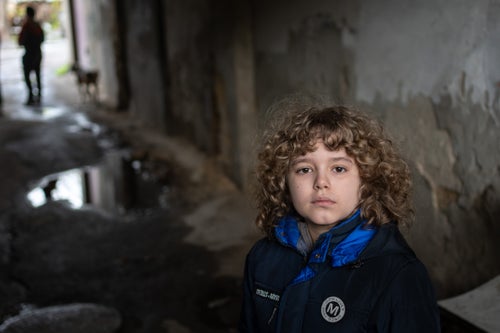
Ukraine Children's Emergency Fund
Ukraine's children have endured violence, trauma, loss, destruction and displacement since the war escalated in February 2022.
Related articles
Stay up-to-date on UNICEF's work in Australia and around the world



